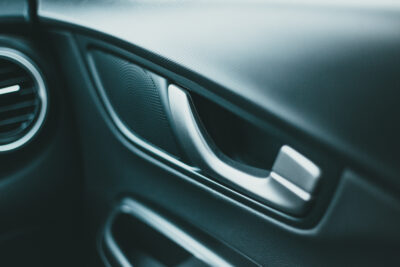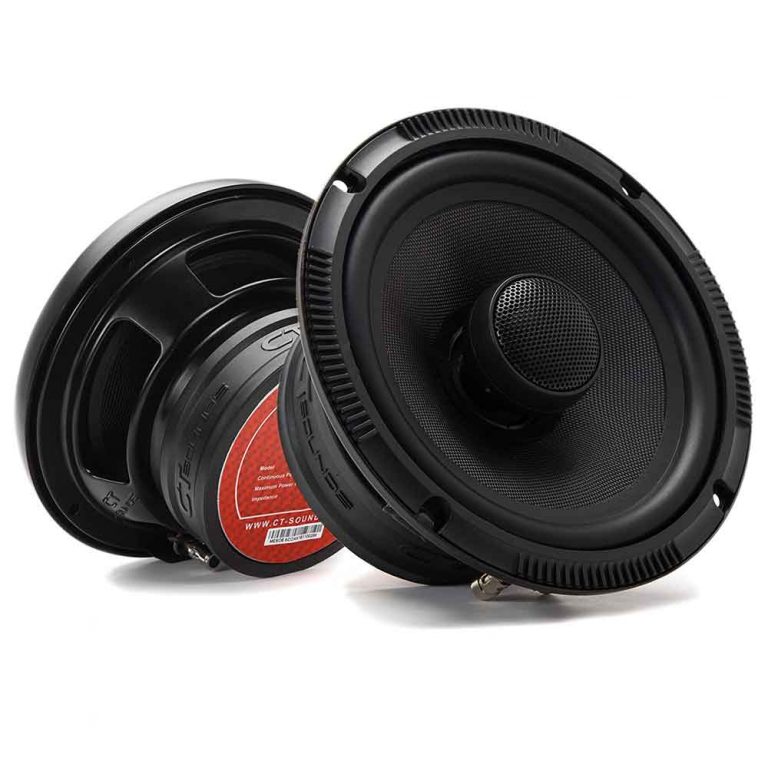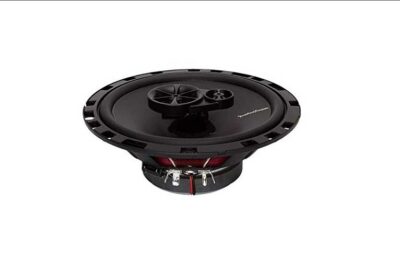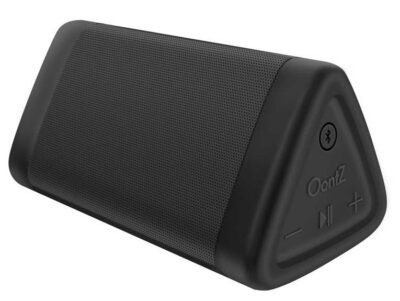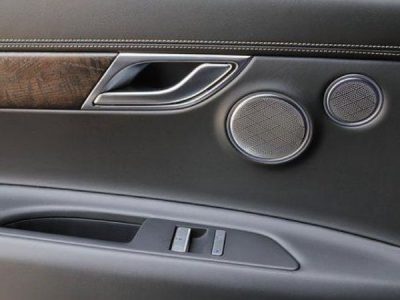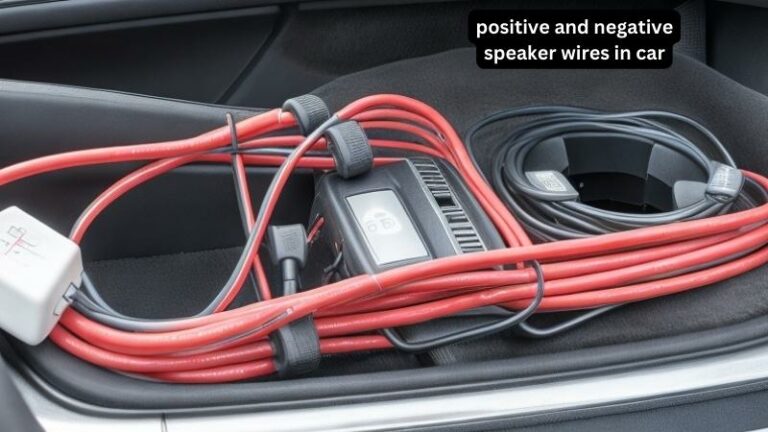What Is A Good Frequency Response For Car Speakers?
If you’re looking to upgrade your car audio system, understanding what makes a good frequency response for car speakers is essential. So, what is a good frequency response for car speakers? In simple terms, it refers to the range of frequencies a speaker can accurately reproduce. The wider the frequency response, the better the speaker’s ability to reproduce a full range of sound. But, it’s not just about having a broad frequency range; it’s also about achieving a balanced and natural sound reproduction. In this article, we’ll delve deeper into the importance of frequency response for car speakers and help you make an informed decision for an optimal audio experience on the road.
What is a Good Frequency Response for Car Speakers?
When it comes to car audio, one of the most important factors to consider is the frequency response of the speakers. The frequency response refers to the range of audio frequencies a speaker can reproduce accurately. A good frequency response ensures that you can enjoy a wide range of music with clear and detailed sound quality. In this article, we will explore what constitutes a good frequency response for car speakers, how it affects your listening experience, and other important factors to consider when choosing car speakers.
Understanding Frequency Response
The frequency response of a speaker is typically measured in Hertz (Hz) and represents the range of audio frequencies it can reproduce. It is typically represented in a frequency response graph that shows the decibel level at different frequencies. The graph usually spans from 20 Hz to 20,000 Hz, covering the entire range of human hearing.
Ideally, you would want a car speaker with a frequency response that is as flat and wide as possible. A flat frequency response means that the speaker reproduces all frequencies equally, without boosting or attenuating certain frequencies. A wide frequency response ensures that the speaker can accurately reproduce low bass frequencies as well as high treble frequencies.
The Role of Highs, Mids, and Lows
When it comes to car audio, it’s important to have a speaker system that can reproduce a balanced mix of highs, mids, and lows. The highs refer to the high-frequency sounds such as cymbals, vocals, and instruments like violins. The mids cover the mid-range frequencies, including most vocals, guitars, and pianos. The lows, on the other hand, represent the low-frequency sounds like bass guitar, kick drums, and deep rumbling sounds.
To achieve a good frequency response, car speakers should be able to accurately reproduce all three frequency ranges. A well-balanced system ensures that no frequency range overpowers the others, resulting in a more enjoyable and immersive listening experience.
Factors Affecting Frequency Response
Several factors can affect the frequency response of car speakers. Let’s take a look at some of the most important ones:
1. Speaker Design and Construction
The design and construction of the speaker play a crucial role in determining its frequency response. Different speaker types, such as component speakers, coaxial speakers, and subwoofers, have different designs optimized for specific frequency ranges.
Component speakers, for example, consist of separate woofers, tweeters, and sometimes mid-range drivers. This design allows each driver to focus on its respective frequency range, resulting in better overall performance. Coaxial speakers, on the other hand, combine the different drivers into a single unit, making them more suitable for limited mounting locations.
2. Speaker Size
The size of a speaker also affects its frequency response. Generally, larger speakers tend to have better bass response compared to smaller ones. This is because larger speakers can move more air, resulting in deeper and more powerful bass reproduction. However, smaller speakers can excel in reproducing high-frequency sounds due to their smaller size and lighter diaphragms.
It’s essential to consider the available space in your vehicle when choosing the speaker size. Larger speakers may require custom installation or modification to fit properly.
3. Enclosure Type
The speaker enclosure or box can significantly impact the frequency response of car speakers. Sealed enclosures provide a tight and accurate bass response, while ported enclosures enhance low-frequency output. Each enclosure type has its own advantages and disadvantages, so it’s important to choose one that suits your listening preferences and the characteristics of the speaker.
4. Amplifier and Power Handling
The power provided by the amplifier to the speaker can also affect its frequency response. Insufficient power can lead to distortion, especially at higher volumes, and may limit the speaker’s ability to reproduce certain frequencies accurately. It’s important to choose an amplifier that matches the power requirements of the speakers to ensure optimal performance.
Choosing the Right Frequency Response for Car Speakers
Now that we understand the importance of frequency response and the factors that affect it, let’s discuss how to choose the right frequency response for your car speakers.
1. Consider Your Music Preferences
The type of music you listen to plays a crucial role in determining the ideal frequency response of your car speakers. If you primarily listen to bass-heavy music genres like hip-hop or electronic music, you might want speakers with a lower frequency response that can reproduce deep bass accurately. If you listen to a variety of music genres, including classical or jazz, a speaker with a wider frequency response that can accurately reproduce high-frequency details is recommended.
2. Consider Your Listening Environment
The acoustic properties of your listening environment can also influence the choice of frequency response. If you regularly listen to music in a car with a lot of road noise, you may want speakers that emphasize high-frequency sounds for better clarity. On the other hand, if you often listen in a quiet environment, you can opt for speakers with a flatter frequency response that accurately reproduce a wide range of frequencies.
3. Seek Expert Advice
When in doubt, don’t hesitate to seek expert advice from car audio professionals or enthusiasts. They can help you understand the unique characteristics of different speakers and guide you in choosing the right frequency response based on your needs and budget.
Choosing car speakers with a good frequency response is essential for a satisfying audio experience on the road. A wide and flat frequency response ensures that you can enjoy your favorite music genres with clarity and accuracy. Consider factors such as speaker design, size, enclosure type, and power handling to find the right frequency response for your car speakers. Remember to prioritize your music preferences and listening environment to make an informed decision. With the right speakers, you can transform your car into a rolling concert hall.
**Note**: These are general guidelines, and personal preferences may vary. It’s always recommended to audition speakers before making a purchase to ensure they meet your specific requirements.
**FAQ**
1. What is frequency response?
2. Why is frequency response important for car speakers?
3. What is a flat frequency response?
4. How does speaker size affect frequency response?
Frequently Asked Questions
What is the importance of frequency response in car speakers?
The frequency response of car speakers refers to their ability to produce sound across a range of frequencies. A good frequency response ensures that the speakers can reproduce audio accurately and with clarity, allowing you to enjoy your music with a balanced sound. It is important to consider the frequency response when choosing car speakers to ensure they can handle the full spectrum of audio frequencies.
What is a good frequency response range for car speakers?
A good frequency response range for car speakers typically falls between 20Hz to 20kHz. This range covers the full spectrum of human hearing, with the lower limit representing deep bass tones and the upper limit capturing high-frequency treble. Having a wide frequency response range ensures that the speakers can accurately reproduce sound across the entire audio spectrum, providing a more immersive listening experience.
Why should I consider a flat frequency response for car speakers?
Choosing car speakers with a flat frequency response means that they reproduce audio without emphasizing or de-emphasizing certain frequencies. This results in a more natural and accurate sound reproduction. A flat frequency response allows the music to be reproduced as it was intended by the artist, ensuring that you hear the music as it was originally recorded.
Can car speakers with a wider frequency response handle a greater variety of music genres?
Yes, car speakers with a wider frequency response can typically handle a greater variety of music genres. Different music genres often have unique sound characteristics, with some requiring more emphasis on low bass frequencies while others require crisp high-frequency reproduction. Having a wider frequency response allows the speakers to accurately reproduce the full range of frequencies present in different music genres, resulting in a more enjoyable listening experience.
Are car speakers with a higher power handling capability better for frequency response?
While power handling capability is important for car speakers, it does not directly determine the quality of frequency response. The power handling refers to the amount of power the speakers can handle without distortion. To ensure good frequency response, focus on choosing speakers with a wide frequency range and a flat response curve rather than solely relying on power handling capabilities.
Do I need to pair car speakers with a specific frequency response range to my car audio system?
Pairing car speakers to your car audio system depends on personal preference and the overall desired sound quality. However, it is generally recommended to choose speakers with a frequency response range that complements the capabilities of your car audio system. Matching the frequency response of the speakers to the system can help ensure a more balanced and cohesive sound output, enhancing your overall listening experience.
Final Thoughts
In conclusion, determining a good frequency response for car speakers is crucial for an optimal audio experience. The ideal frequency response range should cover the full spectrum of human hearing, typically from 20 Hz to 20 kHz. This ensures that all the audible frequencies are accurately reproduced, allowing for clear vocals, defined bass, and detailed treble. A wider frequency response range also enables a more immersive listening experience, particularly for music genres that rely heavily on low or high-frequency content. Therefore, when choosing car speakers, it is essential to prioritize models that offer a good frequency response range to achieve the best sound quality.
